Kalyan Chatterjee, William Samuelson (auth.), Kalyan Chatterjee, William F. Samuelson (eds.)0792373324, 9780792373322, 9780306475689
In the last twenty-five years, game theory has been applied to a growing number of practical problems: from antitrust analysis to monetary policy; from the design of auction institutions to the structuring of incentives within firms; from patent races to dispute resolution. The purpose of Game Theory and Business Applications is to expand these applications of game theory into a broad and meaningful view of the way business decisions can be modelled and analyzed. The chapter contents embrace a wide variety of business functions — from accounting to finance, to operations, to strategy, and to organizational design. In addition, specific application areas include numerous kinds of market competition, bargaining, auctions and competitive bidding. All of these applications involve competitive decision settings, specifically situations where a number of economic agents in pursuit of their respective self-interests take actions that together affect all of their fortunes. In the language of game theory, players take actions consistent with the given `rules of the game,’ and these joint actions determine final outcomes and payoffs. As this volume demonstrates, game theory provides a compelling guide for business strategy. The first section of this volume discusses game-theoretic applications in four functional areas of business: finance, accounting, operations management and information systems, and organization design. The second section considers competitive strategies in `imperfect’ markets. Using cooperative and non-cooperative game-theoretic approaches, these four chapters consider various topics: spatial competition, signaling of product quality, trust and cooperation in ongoing relationships, strategic behavior in bargaining, and the `balance of power’ between the firm and its buyers and suppliers. The last section of the book deals in detail with auctions and competitive bidding institutions. The emphasis is on the contributions of game theory to both auction theory and practice. Topics considered include optimal auctions, bidder collusion, and the design of institutions for selling the radio spectrum and trading electrical power. |
Table of contents :
Front Matter….Pages i-x
Introduction….Pages 1-16
Game Theory Models in Finance….Pages 17-48
Game Theory Models in Accounting….Pages 49-94
Game Theory Models in Operations Management and Information Systems….Pages 95-131
Incentive Contracting and the Franchise Decision….Pages 133-188
Cooperative Games and Business Strategy….Pages 189-211
Renegotiation in the Repeated Amnesty Dilemma, with Economic Applications….Pages 213-246
Reputation and Signalling Quality through Price Choice….Pages 247-272
Game Theory and the Practice of Bargaining….Pages 273-294
Auctions in Theory and Practice….Pages 295-338
The Economics of Auctions and Bidder Collusion….Pages 339-370
Activity Rules for an Iterated Double Auction….Pages 371-386
Back Matter….Pages 387-387 |
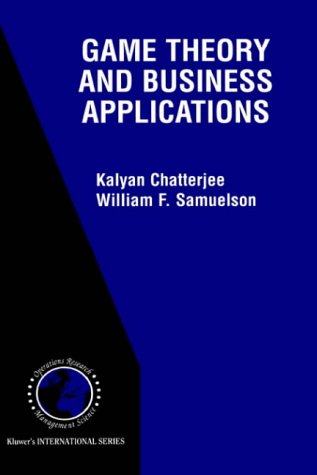
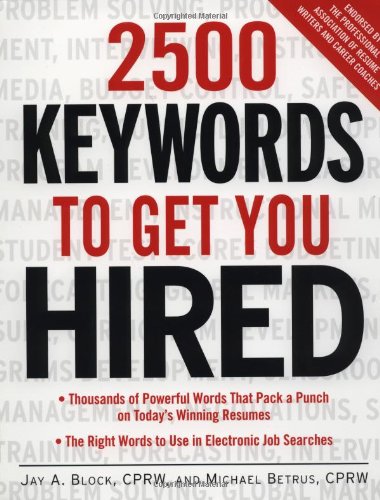
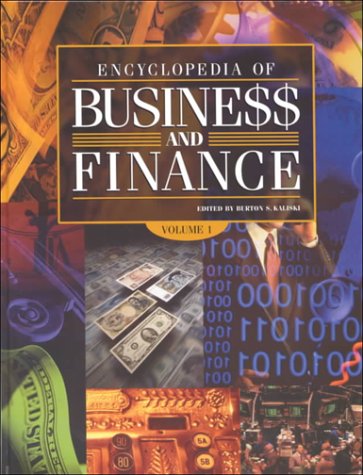
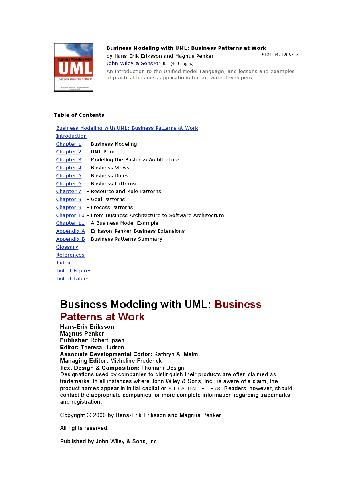
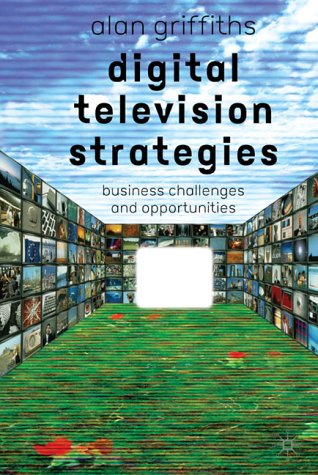


Reviews
There are no reviews yet.